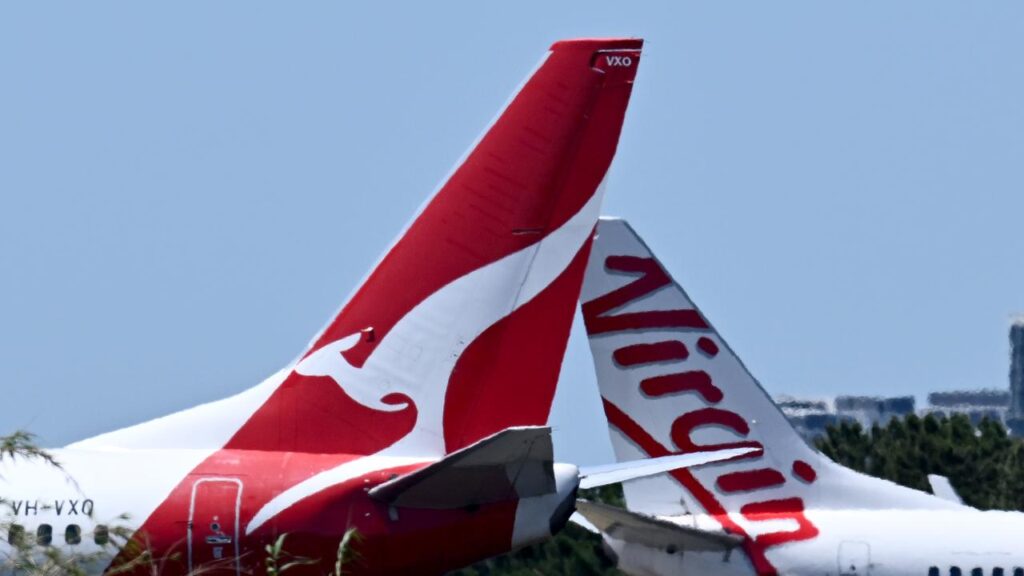Airlines should face biofuel mandate to level field
Jennifer Dudley-Nicholson |

Airlines and other Australian companies should be forced to use low-carbon fuels in order to foster the nation’s multibillion-dollar biofuel industry and to guarantee a level playing field.
The mandates could also affect firms such as long-haul transport companies and would mirror similar action taken in other Asia-Pacific nations.
The recommendation is one of several to emerge from a national industry roundtable organised by Deloitte and released in a report by Bioenergy Australia on Saturday.
Its release comes weeks after the federal government held a public consultation into a National Bioenergy Feedstock Strategy for the industry and a day after NSW announced a renewable fuel strategy, including a $170 million funding pledge.

Biofuels, also known as low-carbon liquid fuels, are made from renewable resources such as agricultural and forestry waste, and can be used in place of fossil fuels to reduce emissions from industries in which there are few alternative options.
Australia has enough feedstock for the fuels to create a $10 billion-a-year market employing more than 26,000 people, according to the Australian Renewable Energy Agency’s Bioenergy Roadmap.
But more support would be needed to capitalise on the potential, the industry meeting heard.
More than 50 groups took part in the roundtable, including representatives from waste, energy and agricultural sectors, calling for a host of changes to accelerate the industry’s development.
Recommendations included mapping the potential sources for biofuels, improving data-sharing, investing in regional infrastructure, supporting the development of renewable gas, and investing in pilot projects.
Creating clear supply and demand-side policies such as biofuel mandates emerged as a key recommendation, Bioenergy Australia chief executive Shahana McKenzie said, a move that would mirror actions taken in the aviation sectors of nearby nations.
“Japan has announced a mandate, Singapore has announced a mandate, Korea has just announced a mandate and we are anticipating that China will be announcing a mandate,” she told AAP.
“It is happening around us because it is the way to get things moving.”
In Australia, Qantas has announced a target of 10 per cent sustainable aviation fuel use by 2030, and Virgin has teamed up with Qatar on a biofuel project in Queensland.

Biofuel mandates could be introduced to markets such as aviation by 2028, Ms McKenzie said, when Australian projects could supply low-carbon fuels.
Having mandates in place would give investors greater confidence in renewable fuels, she said, but would also ensure companies that used them were treated equally.
“Most industries that are using these fuels would prefer that everyone is paying a little bit more,” she said.
The federal government launched a $1.1 billion Low Carbon Liquid Fuels fund in September to support early projects.
AAP